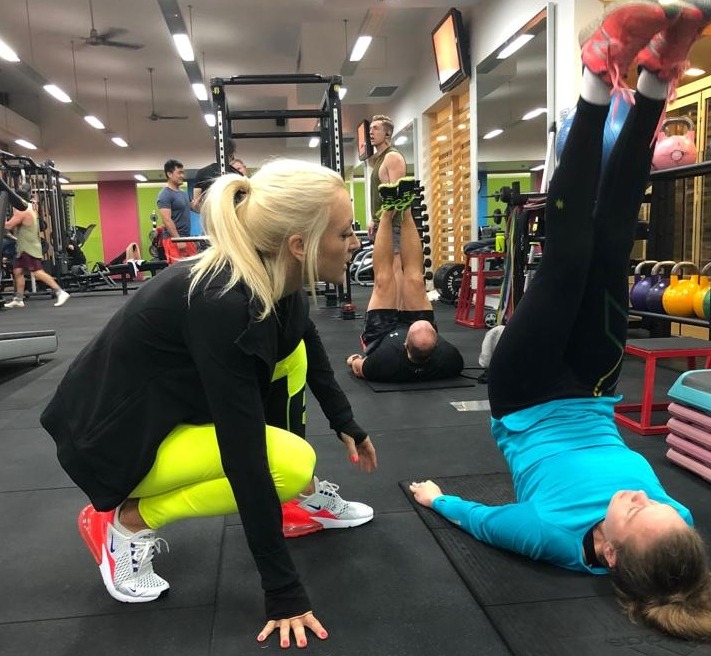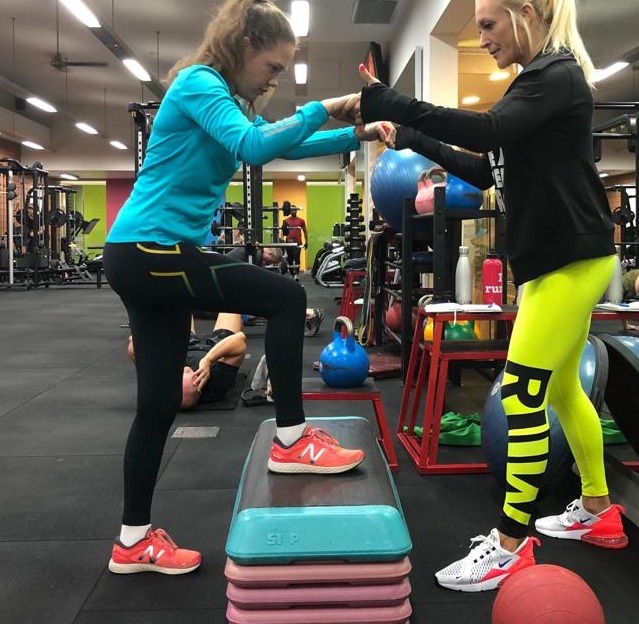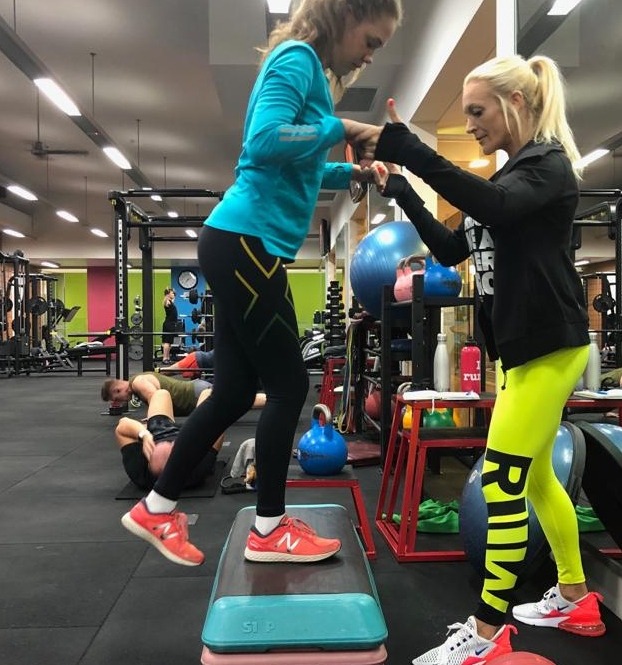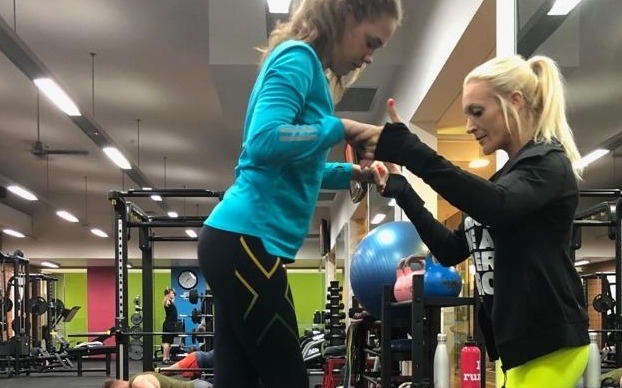Regardless of our abilities, staying fit and keeping an active lifestyle should be a priority for us all. Improving cardiovascular fitness and increasing strength can impact our physical and mental quality of life.
For those living with a disability, maintaining an active lifestyle can sometimes be more difficult. Physical restrictions mean getting active sometimes requires more help. But these restrictions also make exercising even more important.
If you need a bit of assistance when exercising, getting a personal trainer could be a great solution.

It has certainly helped 16-year-old Summer Giddings who started training with Sonie Shaw over a year ago. Summer has cerebral palsy and she is also a para-athlete so the personal training complements both.
According to Summer: “Staying fit is important for everyone regardless of disability. For me personally, physical activity helps me manage pain and tightening of my muscles. It’s also something I really enjoy.”
Summer has been training as a para-athlete in track and field for three years and has even competed internationally in Spain. Since starting personal training, she’s noticed a great improvement in her balance and strength.

“I enjoy training with Sonie because she encourages me and helps me find ways to build up to challenging exercises I thought I couldn’t do,” Summer said.
She never thought she could do movements like lunges until Sonie showed her a way to do them.
“She has some sight issues… so anything that is unilateral, (so one leg stuff like lunges, step ups, single leg deadlifts), she needs extra support. I make sure she has something to hold onto or there are straps so she doesn’t fall over,” Sonie said.
However, personal training has been more than improving Summer’s athletic abilities.
“From a personal point of view, it builds her confidence. It gets her used to being with people with different ages,” Sonie explained.

Finding unique ways of working the body is key to personal training someone with a disability.
Sonie previously trained a man in a wheelchair who was limited to activities in his chair, the ground or a rowing machine.
“We would do things that would be practical for him in his everyday life. Lots of pulling movements and upper body strength. We would do a lot of extension work to help him with his lower back and stretch his hamstring. We also did some boxing from his chair.”
Choosing a personal trainer for someone with a disability
When looking for a personal trainer for someone with a disability, there are a few things to consider.
Sonie said the most important thing is personal training qualifications and experience.
“I don’t think it would be a great thing for someone who is straight out of college. You need experience, common sense and an exercise science background with knowledge of anatomy and physiology.”
However, it’s more than just experience. The trainer needs to have the ability to listen well and know how to deal with people on all levels.
They also need to have an empathetic approach.
“I have found people with a disability don’t want your pity and they need to be treated exactly the same as everyone else. But empathy for their unique situation helps,” Sonie said.
It’s also important to be upfront about your goals with your personal trainer so you can work together to meet them.
Summer’s goals are to continue to improve her running technique and speed in her track and field events. With Sonie’s targeted approach and Summer’s positive attitude, there is no doubt she will achieve this and more.
To find out how Zest Care helps clients to achieve their personal goals, please get in touch!








